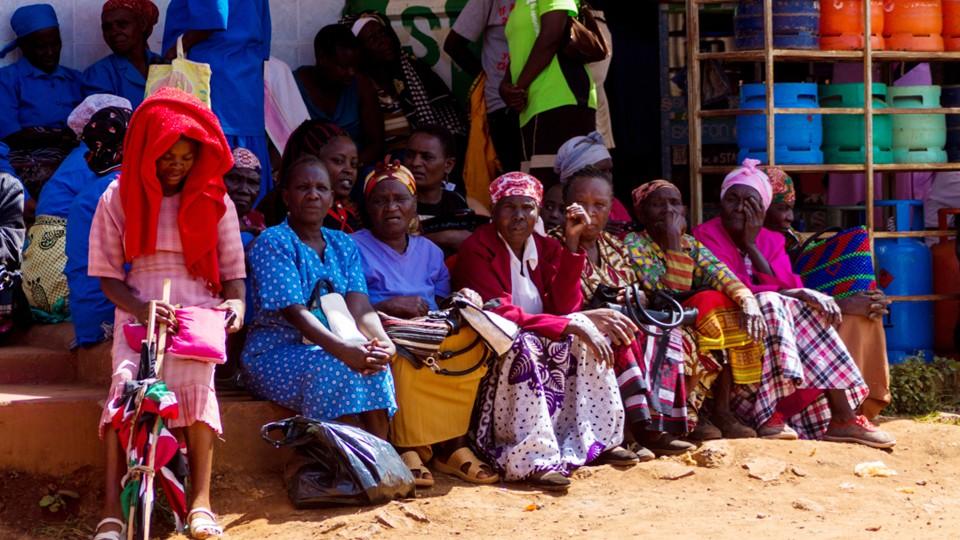NICE okays regular NHS funding for Novartis' breast cancer drug Kisqali

NICE has recommended moving Novartis’ Kisqali (ribociclib) from interim funding arrangements to regular NHS reimbursement for certain previously treated breast cancer patients.
In the final draft guidance, NICE recommended Kiskali be taken out of the Cancer Drugs Fund, which has been providing interim reimbursement since 2019 until further trial data emerged addressing uncertainties about overall survival and cost-effectiveness.
These data are now available from the phase 3 MONALEESA-3, a randomised trial in 726 postmenopausal women hormone receptor-positive HER2-negative advanced breast cancer who had previous endocrine therapy.
This compared patients treated with Kisqali plus fulvestrant with those treated with fulvestrant and when NICE first assessed data from the trial cut in November 2017, overall survival figures were not ready.
But the latest appraisal used data cut from June last year after 46 months of follow up showed median overall survival increased from 32.5 months in the fulvestrant group to 40.2 months in those receiving Kisqali plus fulvestrant.
In the guidance covering England and Wales NICE noted that data collection from the trial has stopped because overall survival data was complete.
A daily pill, Kisqali is a cyclin-dependent kinase 4 and 6 (CDK4/6) inhibitor that prevents cancer cells from dividing and growing.
This kind of drug is taken with an aromatase inhibitor, a type of anti-cancer drug which blocks the production of the hormone oestrogen, preventing it from stimulating the growth of hormone receptor-positive breast cancers.
The treatment could be an option for up to 3,300 women who have already had endocrine treatment and where exemestane plus everolimus would be the most appropriate alternative to a CDK 4/6 inhibitor.
Pfizer’s rival drug Ibrance (palbociclib) is also available for the same patient group in England via the Cancer Drugs Fund after NICE recommended interim funding in November 2019.
Subject to appeal, final guidance on Kisqali will be published in March.












